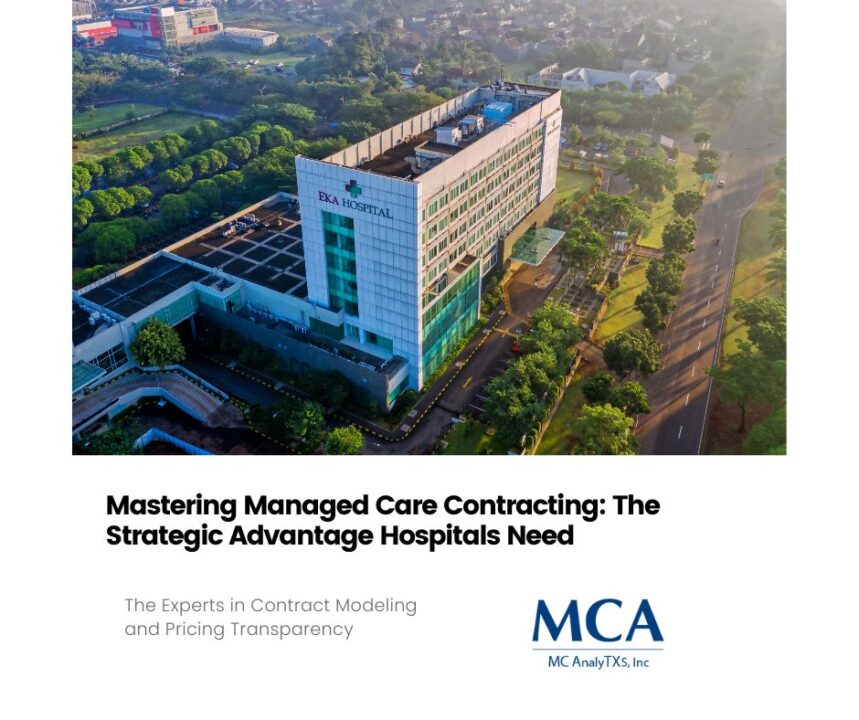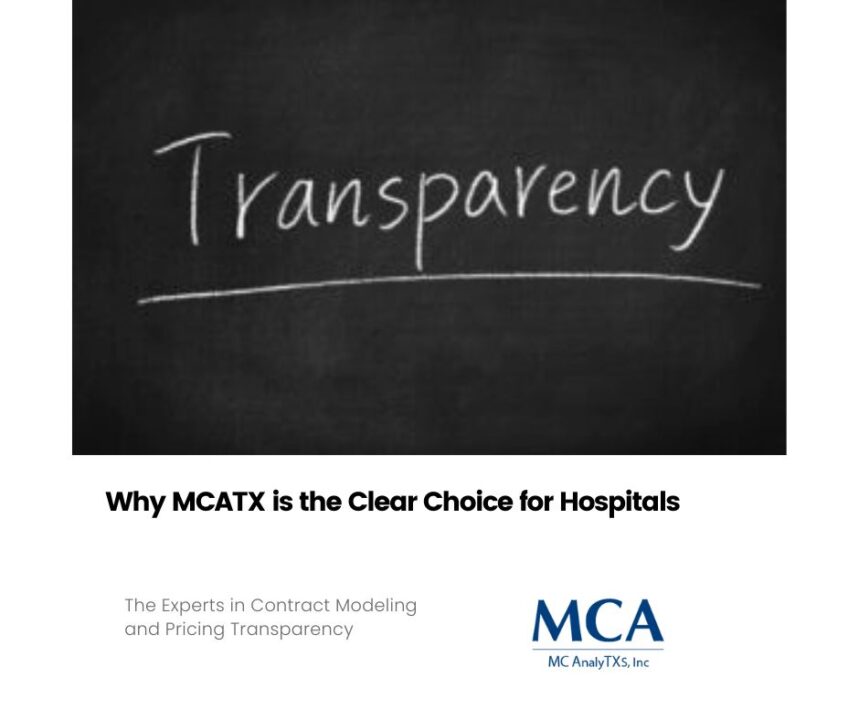
Physician Partners’ Closure and its Impact on Healthcare Providers
July 28, 2023
How End-to-End RCM Solves Five Common, Complex Challenges
August 9, 2023The Journey Towards Value-Based Care: Exploring Alternative Care Delivery and Payment Model
The healthcare landscape has changed dramatically over the last decade, with healthcare facilities and providers focusing on improving patient outcomes and reducing healthcare spending. One of the most significant changes that have occurred is the adoption of value-based care, a payment model that emphasizes quality and outcomes over the volume of services provided. While health systems and providers have made significant strides toward the adoption of value-based care, this payment model remains underdeveloped. In particular, alternative care delivery models, which can improve quality and reduce costs, are still lacking in adoption. In this article, we will take a closer look at the current state of value-based care and explore the various challenges and opportunities in alternative care delivery.
The adoption of value-based care is growing, and many healthcare facilities and providers have moved towards this payment model. Value-based care places more significant emphasis on health outcomes and requires providers to manage patients as a population, not just individuals. In this model, providers are incentivized to reduce costs while providing high-quality care since payment is tied to performance. Despite its growing adoption, the payment model of value-based care is still in the infancy stage and requires significant work to become fully integrated.
One of the challenges of value-based care is the integration of alternative care delivery models. Alternative care delivery models are different ways of delivering healthcare, such as telemedicine, urgent care centers, or retail health clinics. Alternative care delivery models can reduce healthcare spending, improve quality, and provide access to healthcare in remote or underserved areas. Despite their potential benefits, many alternative care delivery models have yet to be fully integrated into the current healthcare system.
Another challenge facing the adoption of alternative care delivery models is the lack of payment models that incentivize providers to make the shift. In traditional fee-for-service models, providers are reimbursed for every service provided, whether or not the care is necessary. This payment model creates a financial incentive for providers to provide more services, leading to higher healthcare costs. Value-based care offers a solution by tying payment to quality and outcomes; however, it requires providers to take on financial risk. Many alternative care delivery models offer cost savings and improvements in quality; however, these benefits are not reflected in the current payment models.
Despite the challenges, there are opportunities for alternative care delivery models in value-based care. One of the most significant opportunities is the rising role of technology in healthcare. Technology, such as telemedicine and mobile health applications, can increase access to healthcare, improve communication between patients and providers, and reduce healthcare costs. Value-based care offers the perfect opportunity to integrate technology into alternative care delivery models, increasing the value proposition for both patients and providers.
Conclusion:
The shift towards value-based care is a journey that requires significant collaboration between healthcare providers, payers, and patients. The integration of alternative care delivery models is critical to the success of value-based care since it can improve quality and reduce costs. Despite the challenges, there are significant opportunities for healthcare providers to integrate technology into alternative care delivery models and create a more patient-centered healthcare system. Healthcare organizations that invest in alternative care delivery models and create payment models that incentivize them can position themselves for success in the value-based care environment.





